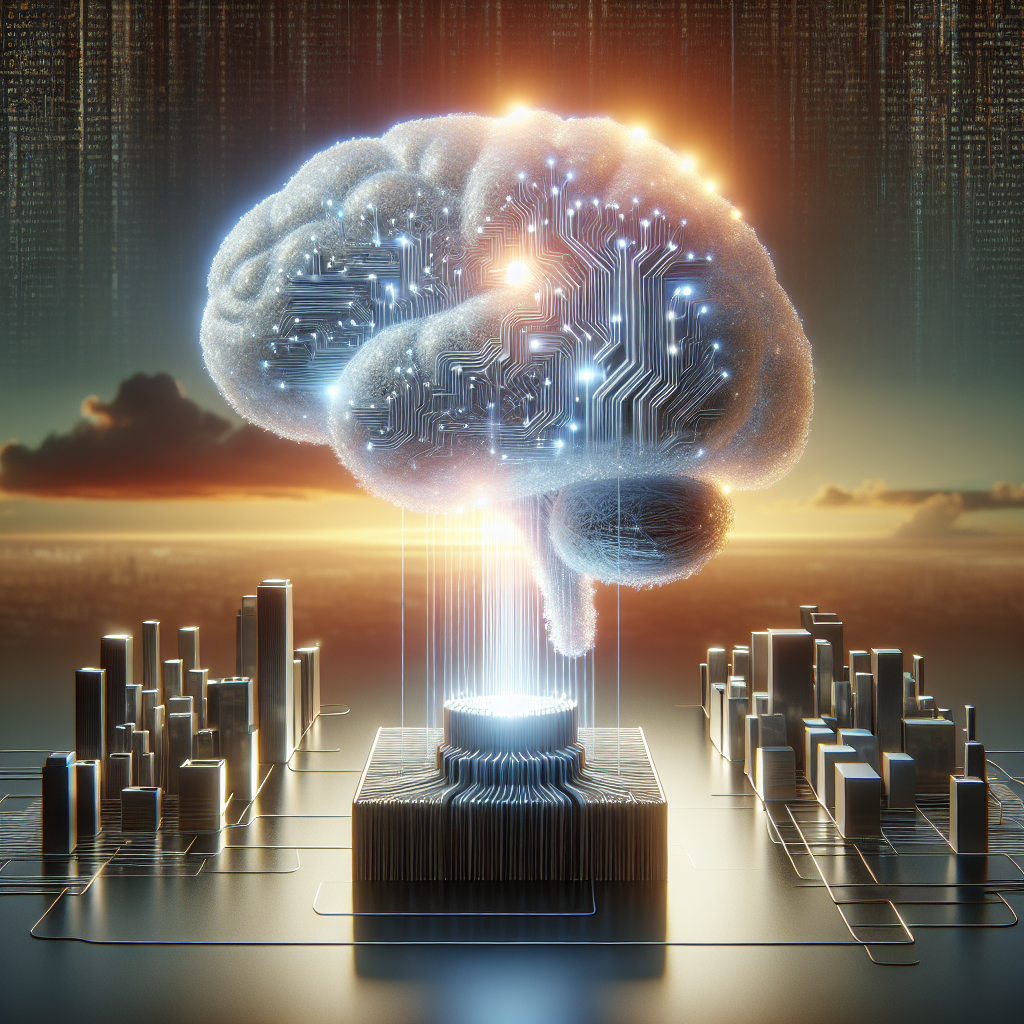The Rise of Artificial General Intelligence: How Close Are We to Creating the Ultimate Mind?
Artificial General Intelligence (AGI) is the concept of a machine that can perform any intellectual task that a human can. Unlike narrow AI, which is designed for specific tasks such as playing chess or recognizing images, AGI would possess the ability to learn and adapt to new situations, just like a human mind. The creation of AGI has long been a goal of the field of artificial intelligence, and recent advancements in machine learning and neural networks have brought us closer than ever to achieving this milestone.
In this article, we will explore the current state of AGI research, the challenges that still need to be overcome, and the potential implications of creating a machine with the intelligence of a human. We will also address some common questions and concerns surrounding AGI, such as whether it poses a threat to humanity and how we can ensure that it is used ethically.
The Current State of AGI Research
While the concept of AGI has been around for decades, significant progress has been made in recent years towards achieving this goal. One of the key developments driving this progress is the advancement of machine learning techniques, particularly deep learning. Deep learning involves training neural networks on large amounts of data to recognize patterns and make predictions, and has been responsible for many of the recent breakthroughs in AI.
Another important development in AGI research is the rise of reinforcement learning, a type of machine learning that involves training an agent to maximize a reward by interacting with its environment. Reinforcement learning has been used to create AI systems that can play complex games like Go and Poker at a superhuman level, demonstrating the potential for machines to learn and adapt to new tasks.
Despite these advancements, there are still many challenges that need to be overcome before we can achieve AGI. One of the biggest challenges is creating AI systems that can generalize their knowledge across different domains, rather than just mastering a single task. Humans are able to transfer their knowledge and skills from one domain to another, but current AI systems struggle with this ability.
Another challenge is developing AI systems that can reason and understand the world in a way that is similar to human intelligence. While machines can excel at tasks that involve pattern recognition and prediction, they often lack the ability to understand the context and make decisions based on complex reasoning.
The Implications of AGI
The creation of AGI has the potential to revolutionize many aspects of society, from healthcare and transportation to entertainment and education. Machines with the intelligence of a human could assist doctors in diagnosing diseases, drive cars more safely than humans, and create personalized learning experiences for students.
However, the development of AGI also raises many ethical and societal concerns. One of the biggest concerns is the impact that AGI could have on the job market. As machines become more intelligent and capable of performing a wider range of tasks, there is a risk that many jobs could be automated, leading to widespread unemployment.
Another concern is the potential for AGI to be used for malicious purposes. If a machine with the intelligence of a human fell into the wrong hands, it could be used to carry out cyberattacks, manipulate political processes, or even develop autonomous weapons.
FAQs
Q: How close are we to creating AGI?
A: While significant progress has been made in recent years towards achieving AGI, we are still likely several decades away from creating a machine with the intelligence of a human. Researchers are continuing to work on overcoming the many challenges that stand in the way of AGI, such as developing AI systems that can generalize their knowledge and reason in a human-like way.
Q: Does AGI pose a threat to humanity?
A: While AGI has the potential to bring many benefits to society, such as improving healthcare and transportation, it also raises concerns about the impact on the job market and the potential for misuse. To ensure that AGI is used ethically and responsibly, researchers and policymakers must work together to establish guidelines and regulations for its development and deployment.
Q: How can we ensure that AGI is used ethically?
A: One approach to ensuring the ethical use of AGI is to incorporate principles of transparency, accountability, and fairness into the design of AI systems. Researchers can also work to develop AI systems that are aligned with human values and goals, and that can explain their decisions and actions to humans.
In conclusion, the rise of Artificial General Intelligence represents a significant milestone in the field of artificial intelligence. While we are still a long way from creating a machine with the intelligence of a human, recent advancements in machine learning and neural networks have brought us closer than ever to achieving this goal. As we continue to work towards AGI, it is important to consider the potential implications of this technology and ensure that it is used ethically and responsibly.

